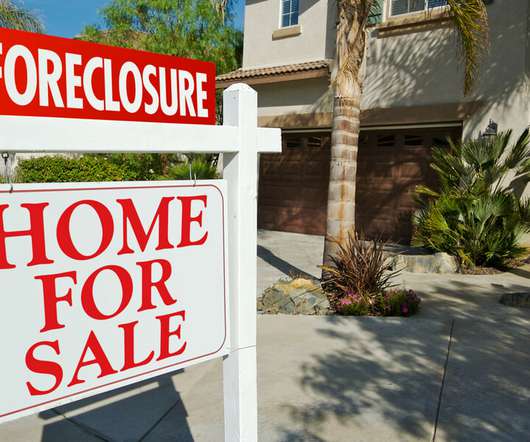Tips for Buying a Foreclosure Property
Point2Homes
DECEMBER 7, 2020
Lenders will normally look at your debt-to-income ratio to determine whether you qualify for a loan. Typically, they don’t want you to have debts that add up to more than 43% of your gross monthly income. Additionally, with a foreclosed home, you have to be particularly wary of using your maximum budget.



















Let's personalize your content